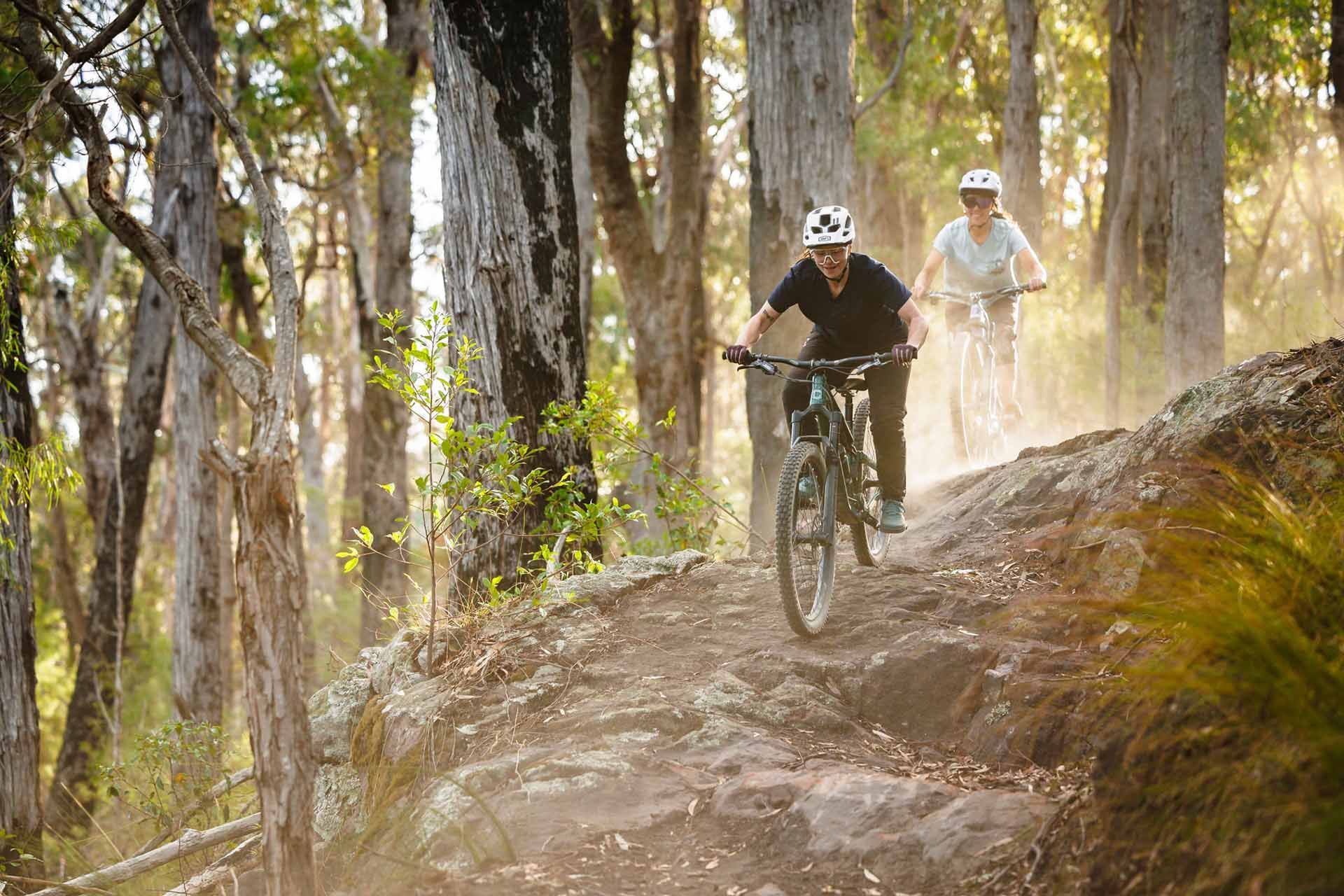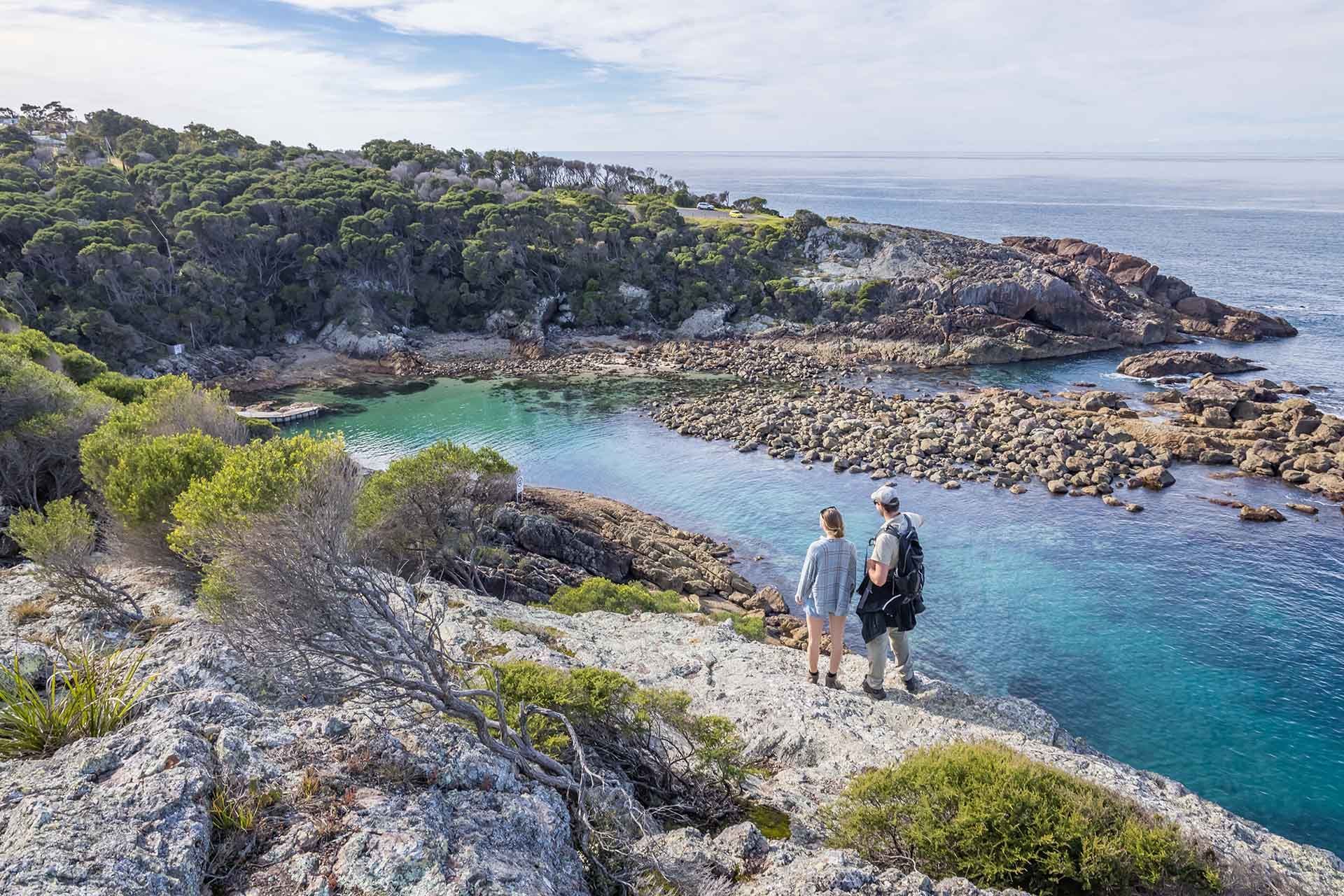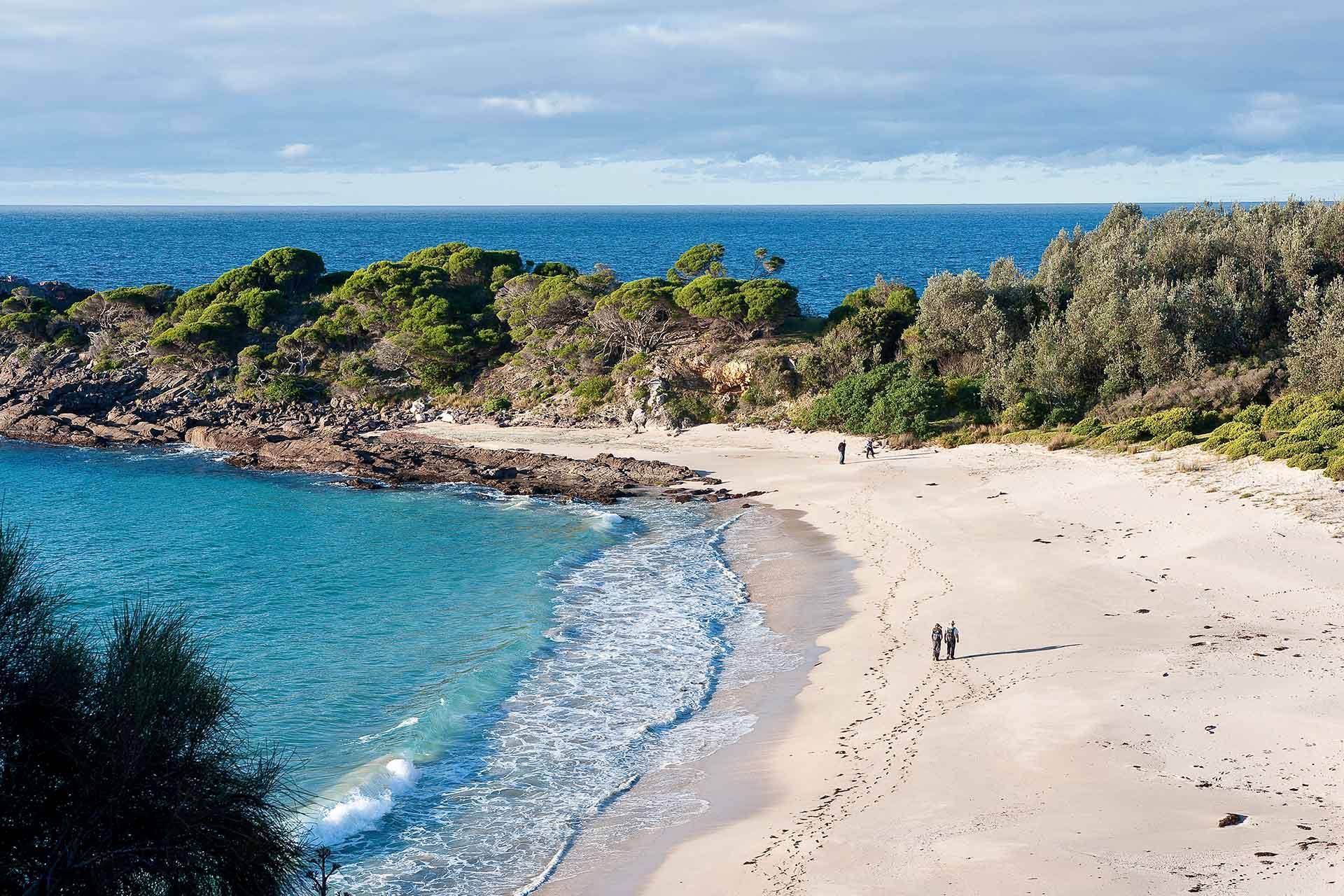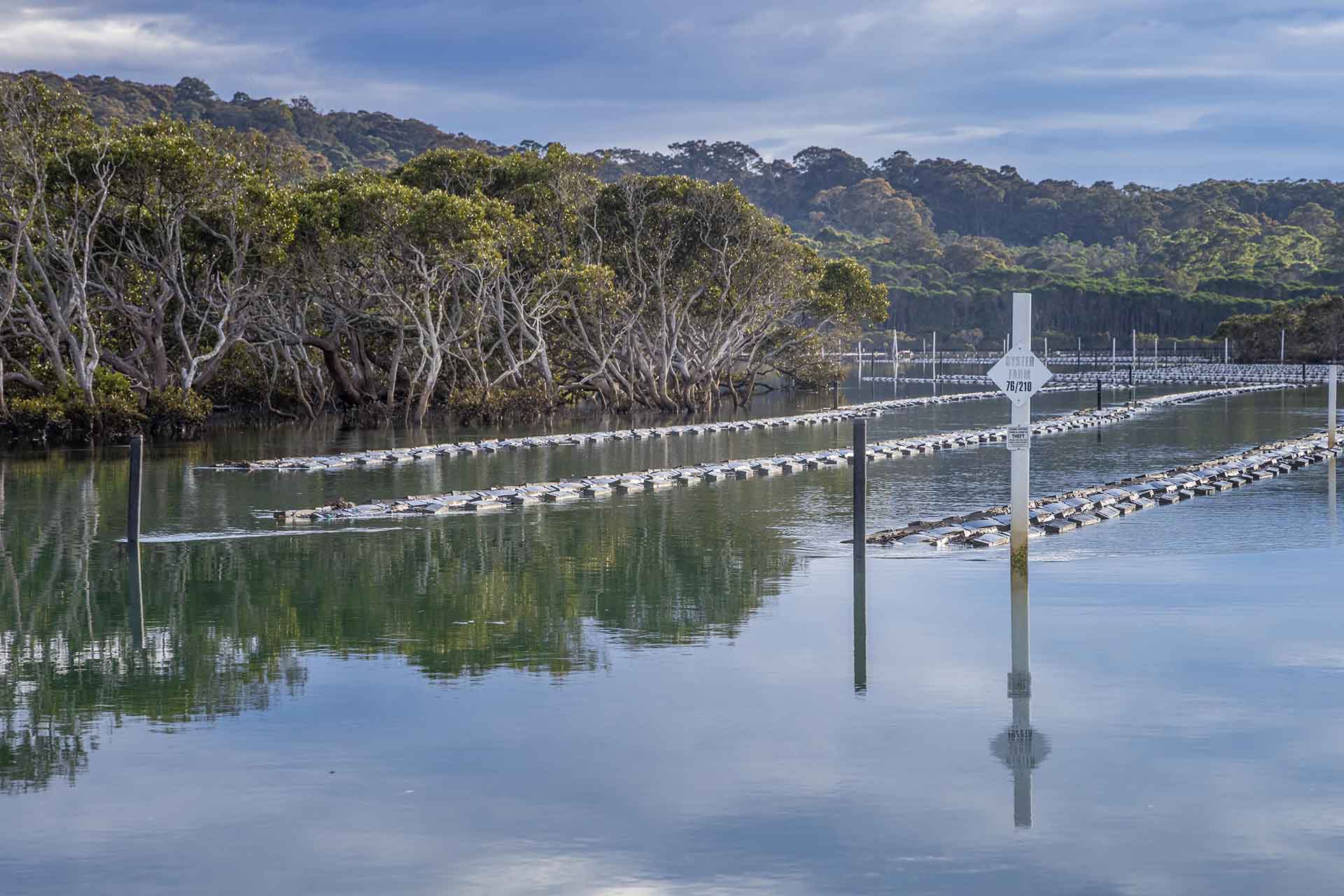Cobargo
SAPPHIRE COAST
Things to Do in Cobargo
Cobargo combines the skills and craft of a working village with a historic past, its streetscape featuring the many turn of the century buildings that make Cobargo such an attraction for visitors. Many of these buildings house craftspeople who not only sell a range of unique goods from woodcrafts and pottery to leather and art works, they can often be seen at their craft working in the way that people did when Cobargo was a young town.
Hundreds of international & local musicians flock to town each year for the Cobargo Folk Festival, an annual three day affair with great folk and roots music, markets, camping, poetry & more. The popularity of the festival has continued to grow since 1996, and it now attracts thousands of festival-goers every year to the beautiful Bega Valley.
Cobargo suffered devastating losses in the black summer bushfires of January 2020 but the community bond and spirit continues to shine on and the locals are welcoming visitors back to this bustling village once again. This close-knit rural community, one that was a self-sufficient village in the days preceding the motor car, remains resourceful, hardworking and welcoming today even in the face of so much adversity.
village life
The streets of Cobargo give up lots of surprises, with vintage stores & cool little eateries jostling for position with art galleries, craft workshops and of course the heritage buildings that the town is famous for. Don't miss the Cobargo Markets, held in the main street each Saturday morning from 8am - 1pm.
heritage & history
Cobargo was “The Junction” as the township first began to develop in the late 1860’s at the junction of the Narira & Bredbatoura creeks. Take a historical walk around town and learn about the history of Cobargo, information available from the Information Centre. Cobargo is an Aboriginal word which means ‘Grandfather’.
Activities in cobargo
There is plenty on offer, including a 25m heated swimming pool, squash courts, tennis courts, sports ground and regular pony club events. The annual
Cobargo Show is a favourite among locals and visitors, with rodeo, equestrian events and more. There is a picnic area situated on the banks of the Narira River, a pleasant vantage point from which to watch the activity of this busy town.
wabilliga national park
To the west of Cobargo is stunning Wadbilliga National Park. The park features remote and rugged wilderness that will leave you feeling like you’ve truly escaped into the great outdoors. It is popular with 4WD enthusiasts and offers remote camping opportunities. With steep gorges carved into dramatic ancient granite cliffs contrasting with wide, undulating plateaus from the high escarpment country down to the coastal plains.
Along the picturesque 20km drive is evidence of the early farms established by the pioneers of the district. The wilderness of the national park is in marked contrast to the cleared farmland to which it is adjacent.
Looking for accommodation in Cobargo? Search for 'Cobargo' on our Accommodation page.
cobargo tourist information centre
Princes Highway, Cobargo NSW 2550
Phone: 02 6493 6110
Opening hours: 8.30am to 4pm Saturday. 10am to 4pm Sunday to Friday.
sapphire coast stories


Plan your trip
If you're dreaming of your next holiday to the beautiful Sapphire Coast, now's the time to start planning. Check out our accommodation, maps & guides, visitor information, weather and more.



